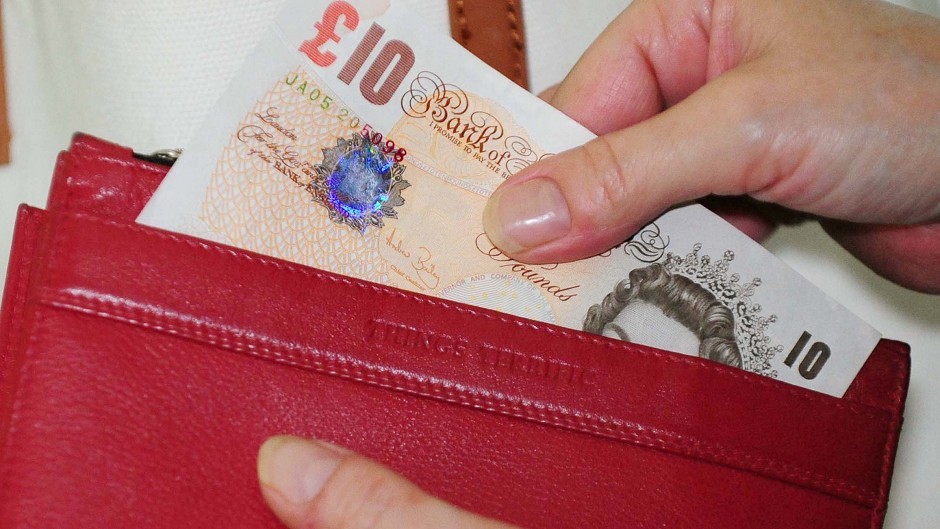One-third of Scottish parents make lifestyle sacrifices in order to bankroll children’s housing and education, a survey has revealed.
The study, which was carried out by polling organisation YouGov on behalf of investment manager Brewin Dolphin, highlighted growing financial demands on the “Bank of Mum and Dad”.
Parents are under enormous pressure to bail out their children at the expense of their own retirement plans, it showed.
According to Brewin Dolphin, the parents of today’s under 18s in Scotland are planning to delay retirement, compromise their lifestyle and dip into their hard-earned pension pots and home equity to help out their children and grandchildren.
More than one-third (34%) of all parents in Scotland believe that in their lifetime they will have to contribute between £25,000 and £100,000 per child in order to cover home deposits, university fees and other living expenses.
“The Bank of Mum and Dad is facing its own financial crisis across the country,” Bruce Angus, head of Brewin Dolphin in Aberdeen, warned.
He added: “Our planners are finding increasing numbers of anxious clients facing demands from their children who cannot get on the property ladder or need financial help with other areas of their lives.
“The pressure is such that we’re also seeing the emergence of second generation funding from the Bank of Grandma and Granddad,”
The demands on families are now far greater than just a few years ago, with 40% of parents of under 18s believing they will have to compromise their lifestyles so they can support their children, said Brewin Dolphin.
This is compared with 26% of parents of children who have already reached adulthood, the firm added.
Mr Angus said: “While many parents are willing to give, it is important that this is not done at the expense of their own retirement planning, particularly given the current uncertainty around annuities and income generation”,
He added. “People in their 30s and 40s now will generally not enjoy the pension pots their parents did, and this survey shows a worrying trend towards parents needing to choose between helping their children and sacrificing their retirement savings.
“It is important to take proper advice and consider the future before signing cheques to your kids, however well intentioned.”
The survey showed the following top findings from Scotland:
33% of all parents believe that being the “Bank of Mum and Dad” will compromise their lifestyle, and 8% think they will need to downsize their home to release equity.
17% of all parents believe they will have to retire later because of a need to help out their children.
16% of all parents believe that helping out their children financially will reduce the size of their pension pot, fuelling concerns about source of income in retirement following recent regulatory changes.
Parents who have already given money to their adult children have focused on housing, grandchildren, education, and buying their child’s first vehicle.
40% of parents in Scotland have helped their children with housing costs, which could be due to rocketing house prices, stringent new mortgage rules and rent increases.
24% have given money to help bring up the grandchildren, creating a “Bank of Grandma and Granddad”.
More than a quarter (28%) of parents have helped their children with university fees
Meanwhile, 25% of parents with children under 18 expect to retire later due to financial demands from their offspring, compared with 10% of those whose children are over 18.
More than one-in-10 (11%) of parents with children under 18 expected to downsize their home to release equity, compared with 7% of those with children over 18.
And 4% of parents with younger children think they will need to take on riskier investments to target higher returns because of the family’s financial burden, compared with 1% of those with older children.
